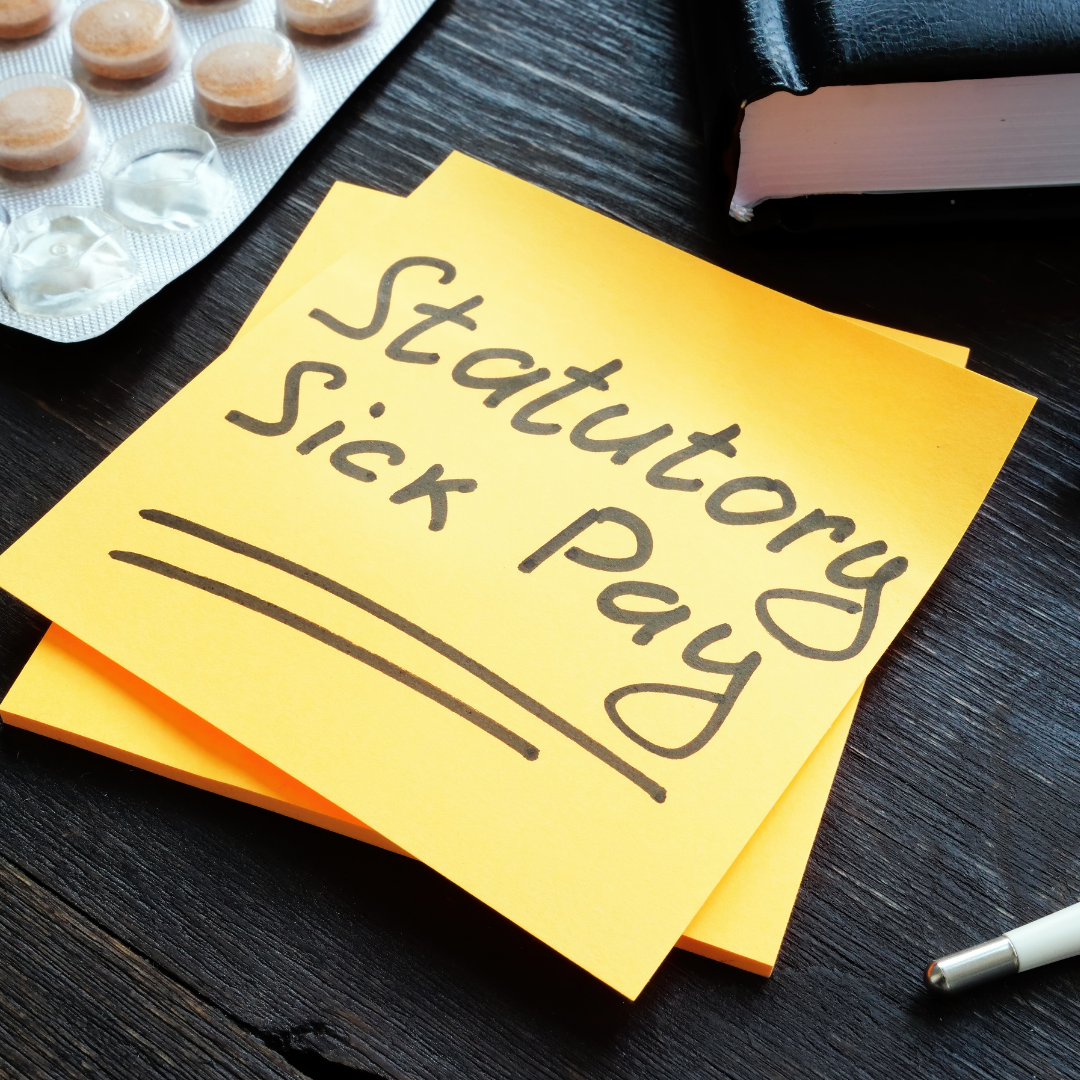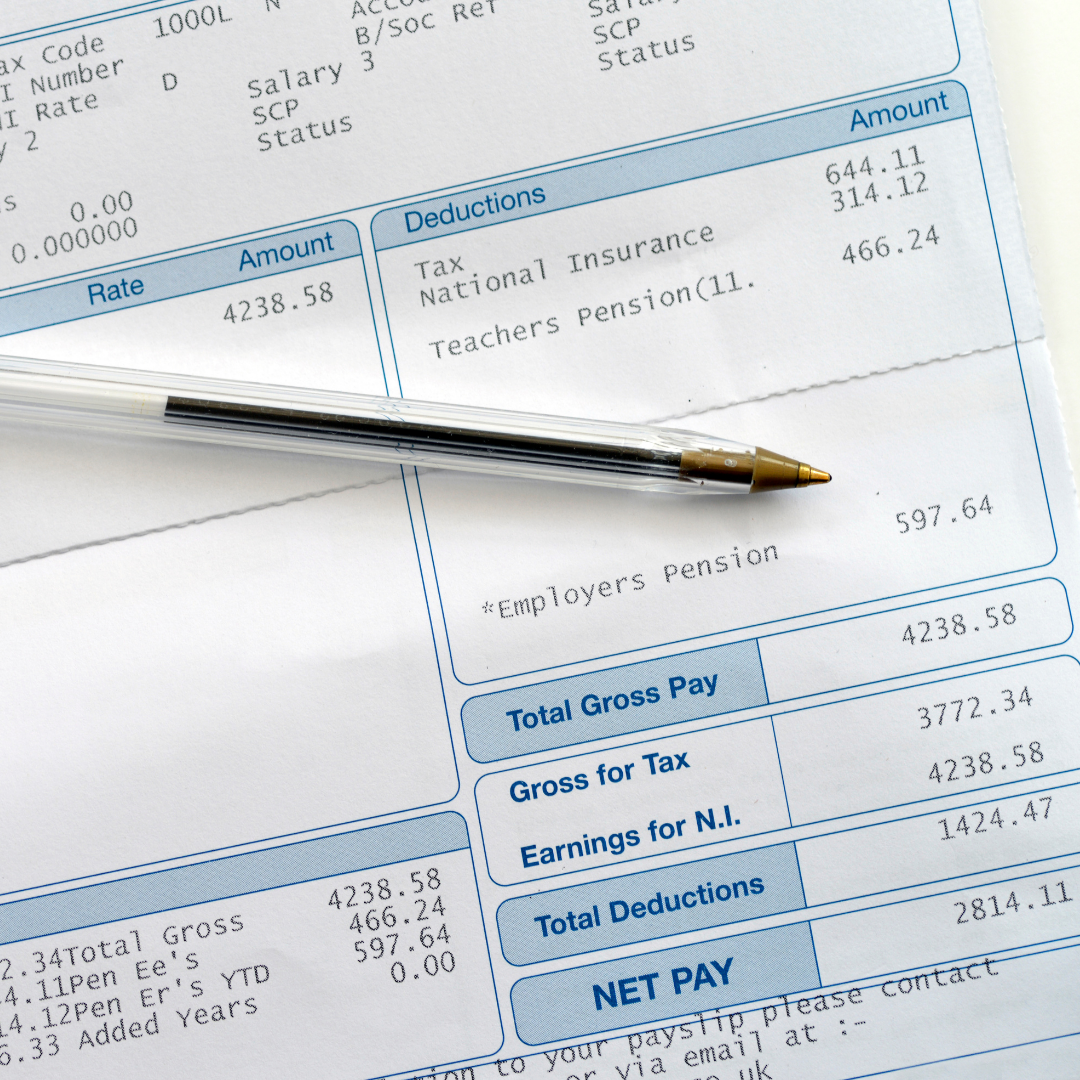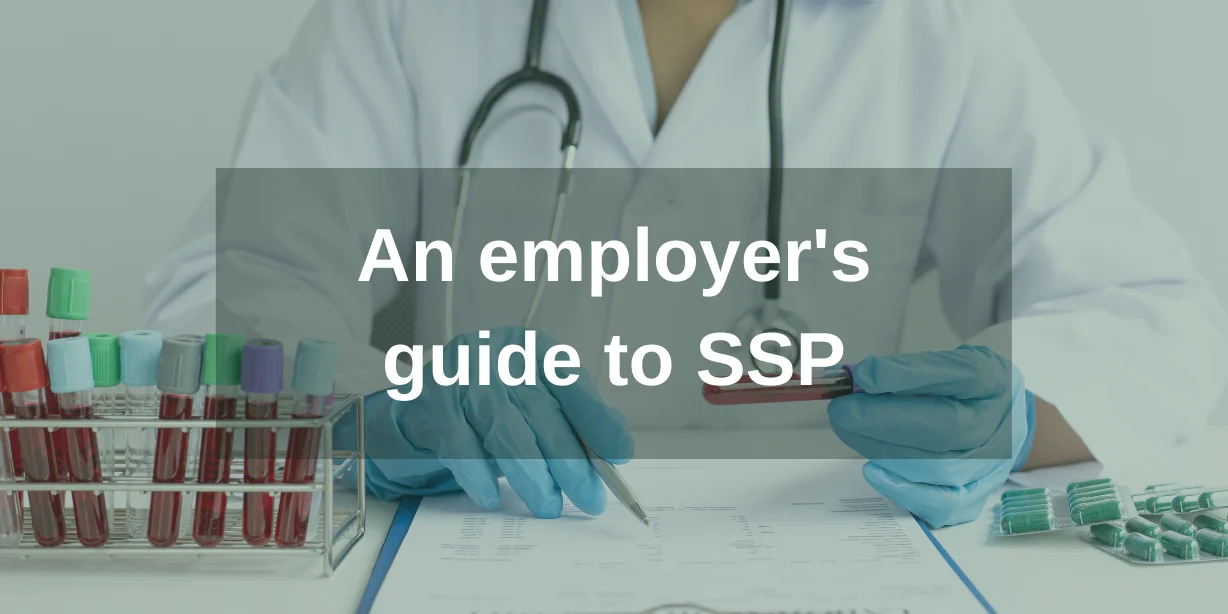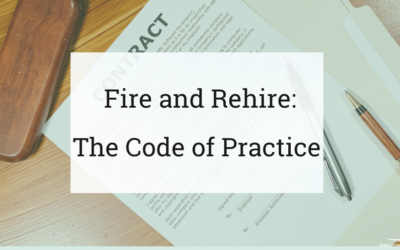Statutory Sick Pay (SSP)
The impact of staff absences can have serious consequences for a business, but when it comes to paying Statutory Sick Pay it is important to ensure that business owners are aware of the intricacies of the law.
What is Statutory Sick Pay?
SSP is paid by an employer to any employee who is off work due to illness. Eligibility criteria apply and employers can elect to offer enhanced sick pay should they wish.
What is the weekly SSP rate?
The current weekly rate of SSP is fixed at £109.40 (April 2023). This changes every year, so ensure you are paying the right amount of SSP, even if an employee’s sick leave is ongoing when SSP changes. Give us a call on 01270 781 006 if you are unsure!
Do I have to pay Statutory Sick Pay?
Yes, providing the eligibility criteria have been met then employers will have to pay SSP.
What are the Eligibility Criteria for Statutory Sick Pay?
Employees must earn an average of at least the lower earnings limit, currently £123 (April 2023). For these purposes, we take an average over the 8 weeks preceding the absence. Furthermore, any period of absence must last for at least 4 days, the first three are ‘waiting days’ and are unpaid.
Can a business reclaim SSP?
Unfortunately, businesses can no longer reclaim SSP.


Should SSP be paid daily or weekly?
SSP should be paid in the normal way that you pay your employees. However, SSP should be calculated based on the days in the week an employee is sick.
SSP payments are based on the qualifying days referenced against the amount of days they normally work.
For example, an employee who is ill on Monday and Tuesday, who normally works Monday to Friday is entitled to 2/5ths, or 40%, of the weekly SSP rate, calculated daily.
Not sure what a qualifying day is? Read on!
What is a qualifying day? Which days count as qualifying days?
A qualifying day or qualifying days are days agreed between the employer and the employee for the purposes of SSP. If there is no express agreement, which is most commonly the case, the qualifying days are deemed to be the employees normal working days.
Where an employee does not work a day in a given week, such as where an employee works one week and is off for another, the qualifying day on a week an employee does not work is deemed to be Wednesday, unless there is prior agreement.
What is the total amount of SSP which can be paid for a period of sickness?
£3063.20. This is commonly referred to as being 28 weeks of SSP, but in reality, it is more helpful to think of SSP as a pot of £3063.20. This is because an employee may be able to be paid beyond 28 weeks if they have previously had linked periods of sickness where they have not been sick for their full working week.
If you are unsure, we are always happy to help. Have a situation like the above?
Give Employment Law Solutions a call, and we would be more than happy to give you a free consultation on your employee’s SSP requirements.

So it does matter if my employee has been on SSP before?
Yes.
The law sees periods of sickness as ‘linked’ where they occur within 8 weeks of each other. This means that the total amount of SSP payable for a period of sickness includes sickness leave before and after the period has ended, where it occurs within 8 weeks. This can mean that your employee could hit the maximum amount payable sooner, or it could mean that sickness after a long period of incapacity may not be covered by SSP.
Is Statutory Sick Pay unlimited?
No, SSP is capped to 28 weeks or 196 days.
What are the waiting days or the counting days?
The first three days of an employee’s absence are the ‘waiting days’ or the counting days. These are days when the employee is absent and are unpaid. On the fourth day, the employee is entitled to be paid SSP if they meet the other eligibility criteria.
The waiting days do not need to be consecutive, they are classed as linked and count towards the eligibility criteria if they fall within an 8-week period.
Does my employee need a Fit Note to get Statutory Sick Pay?
SSP is not dependent upon an employee obtaining a Fit Note, previously called a Sick Note. Employers are able to ask for reasonable evidence of incapacity, usually a Fit Note, but obtaining a Fit Note is not part of the eligibility criteria to receive SSP.
What about part-time staff?
Part-time staff are just as entitled to SSP as any other employee. Provided an employee meets the eligibility criteria they can receive SSP. If for whatever reason an employee does not meet the eligibility criteria they do not get any support from their employer or the government.

Should contractual sick pay state that it includes SSP payments?
Yes.
This is important as SSP is capped. Occupational or contractual sick pay should always state that it includes SSP payments, in order for you to avoid having to potentially pay for an extended period of time.
To illustrate, knowing that the SSP cap is £3063.20, or the equivalent of 28 weeks of full SSP, a contractual sick scheme that pays for up to 2 months of sickness without including SSP payments could cause a situation where an employee is off sick for more than 28 weeks, as they could argue that whilst they were on the company sick pay scheme, they were not using up their SSP entitlement.
What can I do to reduce absences?
There are lots of things that employers can do to reduce absences. All employers should have a robust absence management process, carry out return to work meetings and monitor levels of absence, by doing so business owners can effectively reduce absences, by ensuring that absenteeism has a consequence.
It is often tempting to have a bonus scheme for attendance, but you must be wary of such policies. Any policy that rewards attendance needs to take into account any absences that are permitted by statute and discount them from the absence record for these purposes. A scheme such as this also carries the risk of discriminating against those who have a disability.
Employment Law Solutions can help with Statutory Sick Pay (SSP)
Employment Law Solutions offers fixed fee Employment Law and HR advice for SMEs. By offering a monthly retainer service you are able to benefit from legal advice and employment contract reviews 24/7, 365 days, all while spreading the cost over 12 monthly payments.
Call us on 01270 781 006 or request a quote online via our simple form.





